Opening Blood-Brain Barrier with Ultrasound to Deliver Alzheimer's Drug

6 January 2024
In a groundbreaking study, focused ultrasound, combined with the Alzheimer's drug, significantly reduced cerebral amyloid-beta levels, offering a novel approach to treating Alzheimer's disease. The study, published in the New England Journal of Medicine, has the potential to revolutionize the treatment of neurological disorders.
Researchers at the Rockefeller Neuroscience Institute have developed a pioneering approach using MRI-guided focused ultrasound and the Alzheimer's drug aducanumab to penetrate the blood-brain barrier, a major challenge in brain drug delivery. This innovative technique not only enhanced drug delivery but also reduced amyloid plaques by 32% more than in untreated brain regions, showcasing a promising new avenue for treating Alzheimer's and other neurological disorders.
The study, spearheaded by Dr. Ali Rezai at the West Virginia University Rockefeller Neuroscience Institute, involved three Alzheimer’s patients. Remarkably, PET scans revealed a significant reduction in amyloid levels in brain regions targeted by ultrasound, as opposed to untreated areas.
Over a 26-week period, PET scans indicated that participant 1 experienced a reduction in amyloid levels from 224.2 to 115.2 centiloids, equating to a significant 32% decrease, following treatment with focused ultrasound and aducanumab. Similarly, participant 2's levels dropped from 185.6 to 104.6 centiloids, and participant 3 from 251.5 to 84.9 centiloids, while regions without ultrasound treatment showed minimal change.
While the treatment did lead to some mild headaches and one instance of discomfort, the absence of severe side effects like amyloid-related imaging abnormalities is encouraging. It is crucial, however, to note the limited scope of the study, both in terms of patient number and the treatment of only one brain hemisphere.
Beyond Alzheimer's: A Wider Impact
The breakthrough extends beyond Alzheimer's. Focused ultrasound has potential applications in other neurological conditions such as Parkinson's disease, brain tumors, and amyotrophic lateral sclerosis.
The Rockefeller team's approach, increasing monoclonal antibody delivery through the blood-brain barrier, using ultrasound, might be the key to more effective Alzheimer's drugs. The potential of this method to slow down disease progression, a hope echoed by researchers and echoed in mouse studies, lights a new path in the fight against Alzheimer's.
Ethical and Practical Considerations
While the results of these pioneering treatments are promising, they also highlight the need for larger-scale trials and more comprehensive research to validate their efficacy and ensure safe implementation. Ethical and safety concerns are paramount, necessitating a careful balance between innovation and patient welfare, particularly in light of the potential long-term implications.
Ultrasound Blood–Brain Barrier Opening and Aducanumab in Alzheimer’s Disease
Summary: Antiamyloid antibodies have been used to reduce cerebral amyloid-beta (Aβ) load in patients with Alzheimer’s disease. We applied focused ultrasound with each of six monthly aducanumab infusions to temporarily open the blood–brain barrier with the goal of enhancing amyloid removal in selected brain regions in three participants over a period of 6 months. The reduction in the level of Aβ was numerically greater in regions treated with focused ultrasound than in the homologous regions in the contralateral hemisphere that were not treated with focused ultrasound, as measured by fluorine-18 florbetaben positron-emission tomography. Cognitive tests and safety evaluations were conducted over a period of 30 to 180 days after treatment. (Funded by the Harry T. Mangurian, Jr. Foundation and the West Virginia University Rockefeller Neuroscience Institute.)





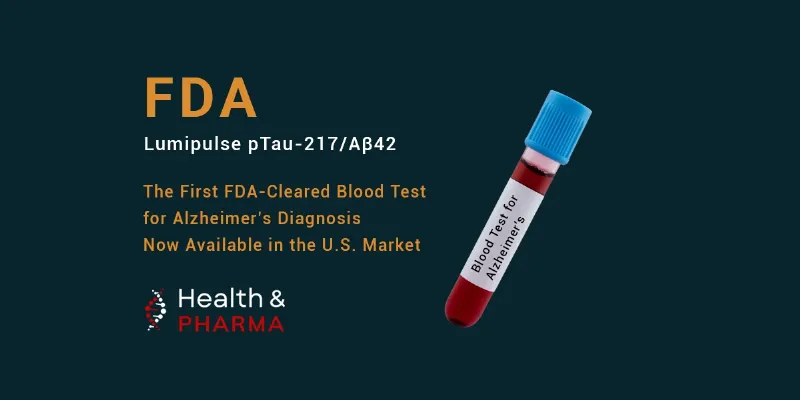
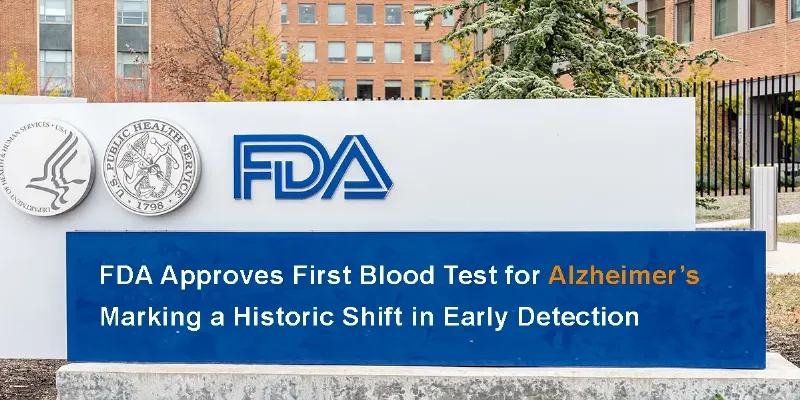
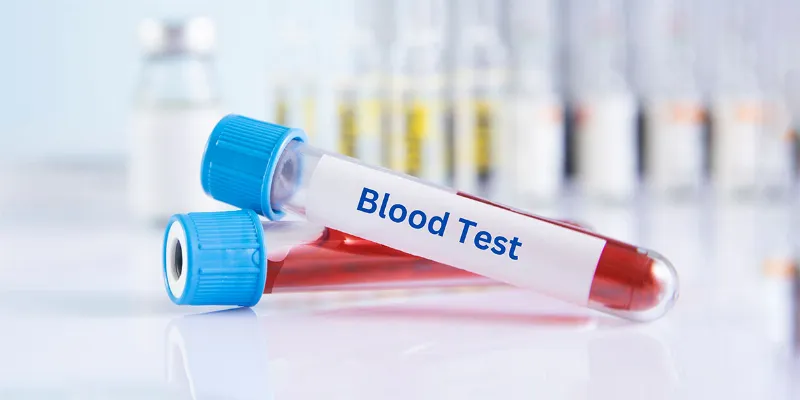
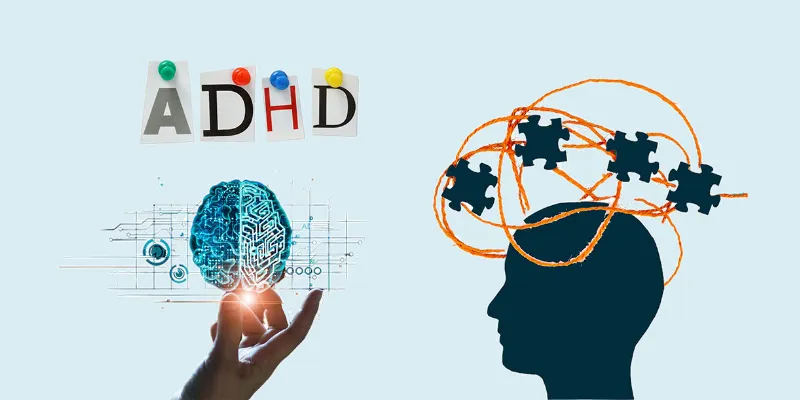

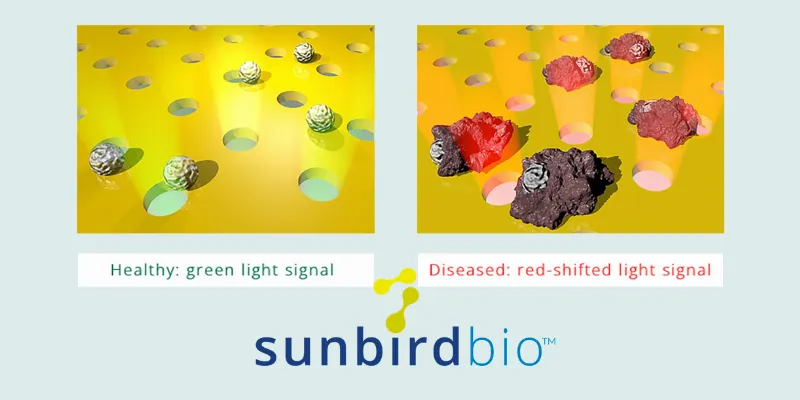
Comments
No Comments Yet!